Potassium is the nutritional equivalent of HIIT: everyone knows it’s important, but not many people know why. Similar to consuming dietary fiber and healthy fat, eating foods high in potassium is crucial to maintaining good health.
Without enough potassium, you might experience muscle cramps, fatigue, or increased blood pressure. So, read on to learn what potassium is, why your body needs it, and how to ensure you’re getting enough.
What Is Potassium?
Potassium is a key mineral for our bodies. “It’s found inside cells, and is vital in regulating fluid and electrolyte balance in the body,” says Jennifer Glockner, R.D.N. and creator of Smartee Plate.
Because potassium is an electrolyte, she explains, it helps conduct electrical charges in the body, which in turn helps contraction of the heart and muscles.
How Much Potassium Do I Need Per Day?
According to the 2021–2025 Dietary Guidelines for Americans, the recommended daily intake of potassium for the average healthy adult is 2,600 mg for women and 3,400 mg for men.
“Most of us don’t consume enough fresh fruits and veggies,” says Glockner, “and therefore, we don’t consume enough potassium in our diet.”
Of course, it’s unlikely (and probably inadvisable) that you’ll get 3,400 milligrams of potassium from just one food source. But you can get enough potassium by taking a varied approach to your diet, and prioritizing foods high in potassium, like fruits, vegetables, and legumes.
Can You Overdose on Potassium?
Most people have a hard enough time eating the recommended amount per day, so it’s difficult to get too much potassium.
“However, those with impaired kidney function should consult their healthcare provider and most likely will be instructed to limit potassium intake,” says Beachbody Senior Nutrition Manager Krista Maguire, R.D., C.S.S.D.
That’s because the kidney is responsible for flushing out excess potassium in your urine. If you have kidney disease, though, “the kidney can’t remove the excess potassium, which then accumulates in the blood, and may cause harm,” says Glockner. This can result in a condition called hyperkalemia, which Glockner says may contribute to heart problems.
If you have a history of kidney disease or heart issues, talk to your doctor to ensure you’re getting the right amount of potassium.
What Are the Benefits of Potassium?
Eating foods high in potassium is important for regular cell function, Maguire says. “Potassium is also important for heart health in that it can help maintain normal blood pressure,” she explains. “Especially when sodium intake is high.”
That’s why upping your potassium intake while simultaneously reducing your sodium intake may help maintain healthy blood pressure, Glockner says, potentially leading to better overall heart health. Increased potassium consumption has also been linked to better bone mineral density, she adds.
20 Best Sources of Potassium
Bananas aren’t the only — or even best — source of potassium.
“There are foods that provide even more,” Maguire says, like certain dried fruits and legumes.
Try to get your daily potassium from a variety of foods so you can score other nutrients at the same time. Think: fiber, unsaturated fat, protein, and a slew of different essential vitamins.
Here’s a list of healthy foods ordered from highest in potassium to lowest.
1. White Beans
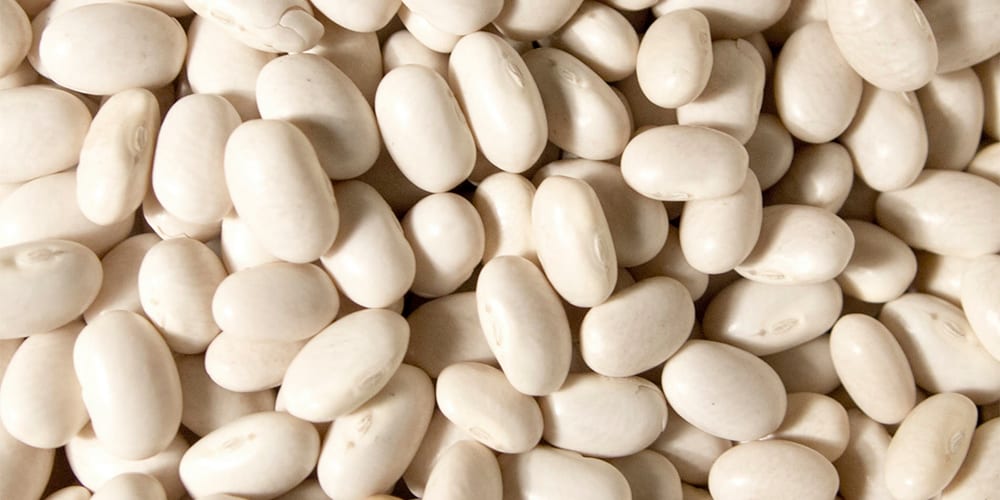
One cup, canned, contains 1,189 milligrams of potassium
2. Dried Apricots
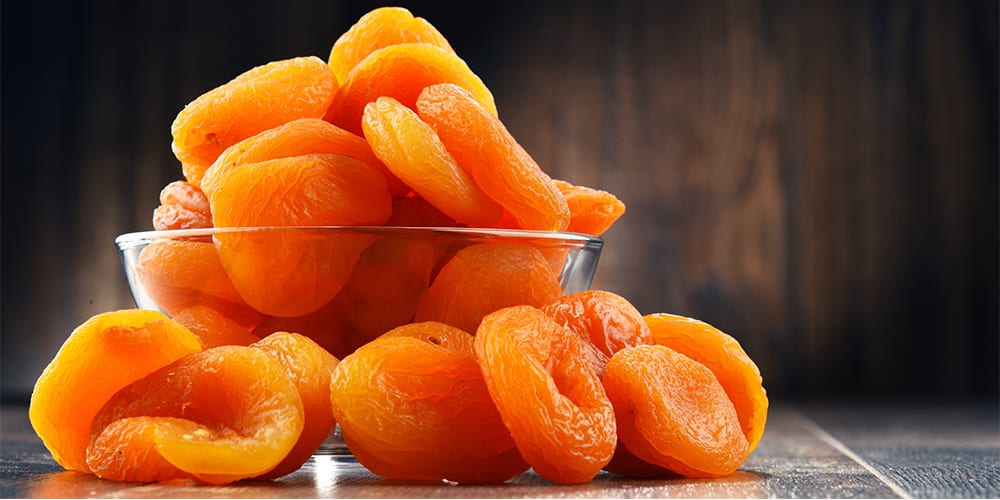
One half cup contains 1,101 milligrams of potassium
3. Swiss Chard
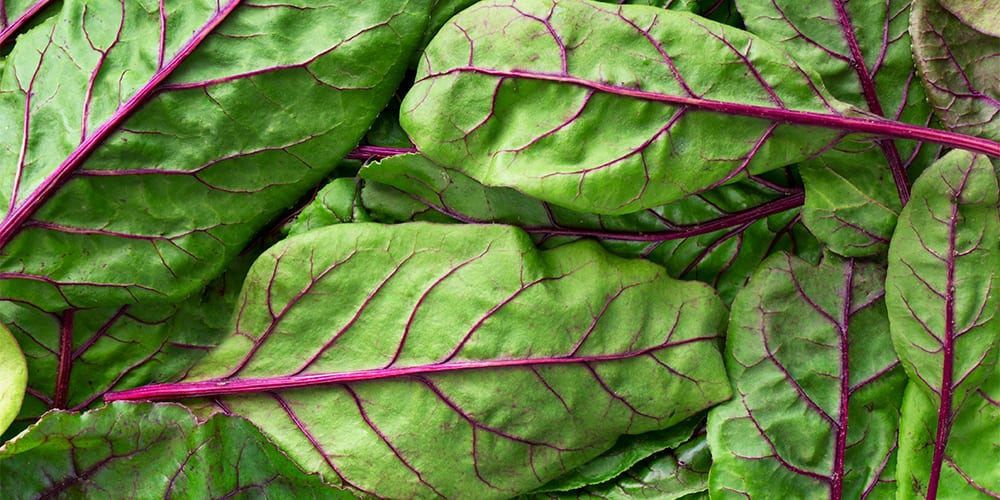
One cup, cooked and chopped, contains 961 milligrams of potassium
4. Lentils

One cup, cooked, contains 731 milligrams of potassium
5. Acorn squash
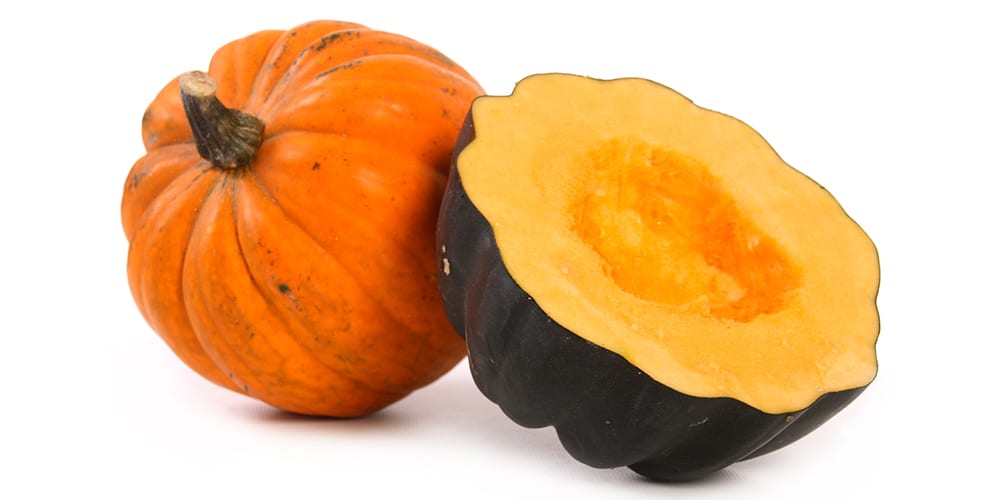
One cup, cooked and mashed, contains 644 milligrams of potassium
6. Potato

One medium potato, baked with flesh, contains 610 milligrams of potassium
7. Kidney beans
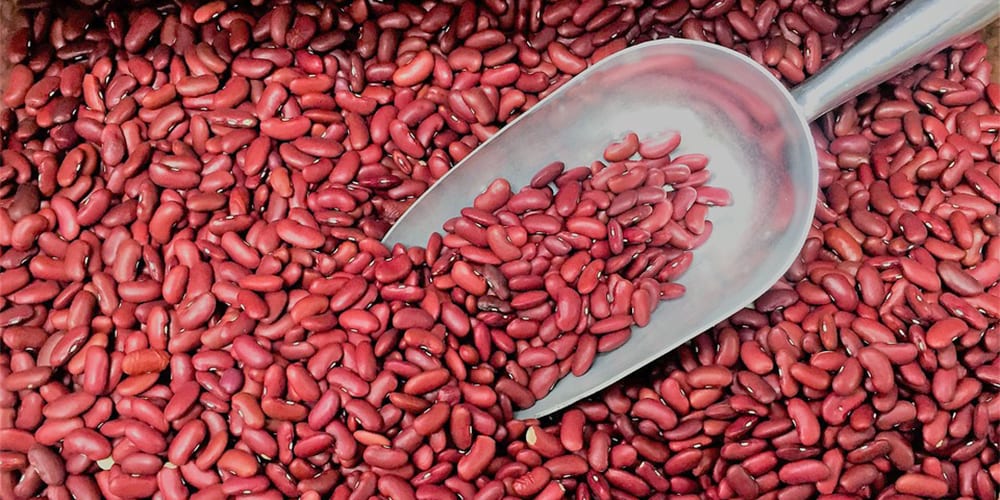
One cup, canned, contains 607 milligrams of potassium
8. Raisins
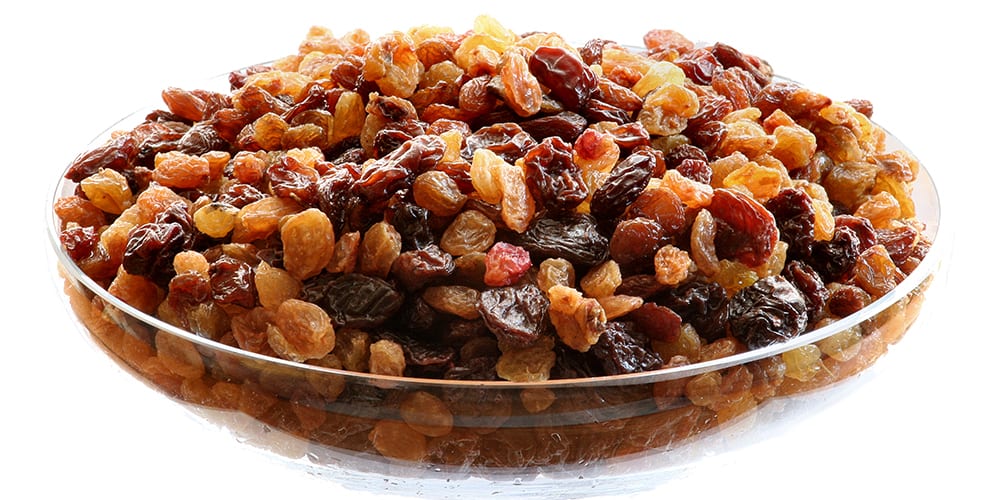
One half cup contains 598 milligrams of potassium
9. Yogurt

One cup, plain and low-fat, contains 573 milligrams of potassium
10. Lima beans
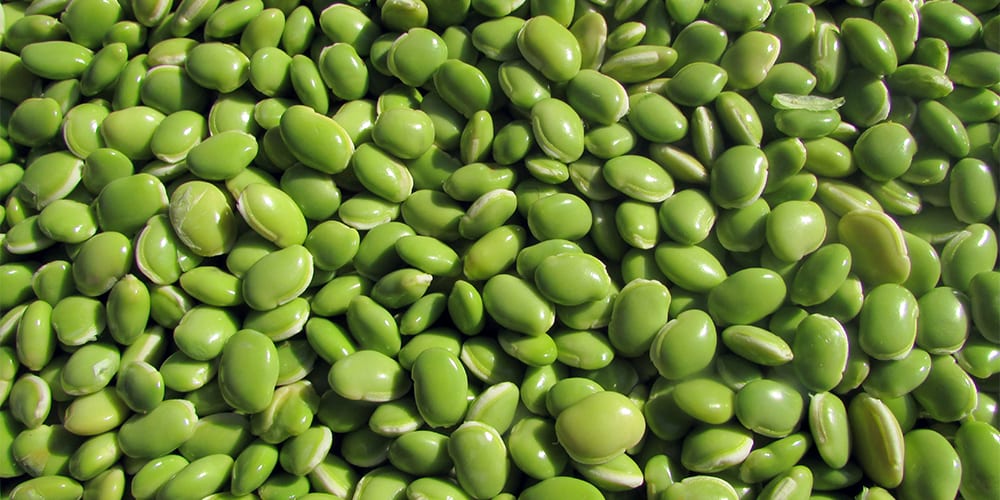
One cup, canned, contains 530 milligrams of potassium
11. Tomato juice
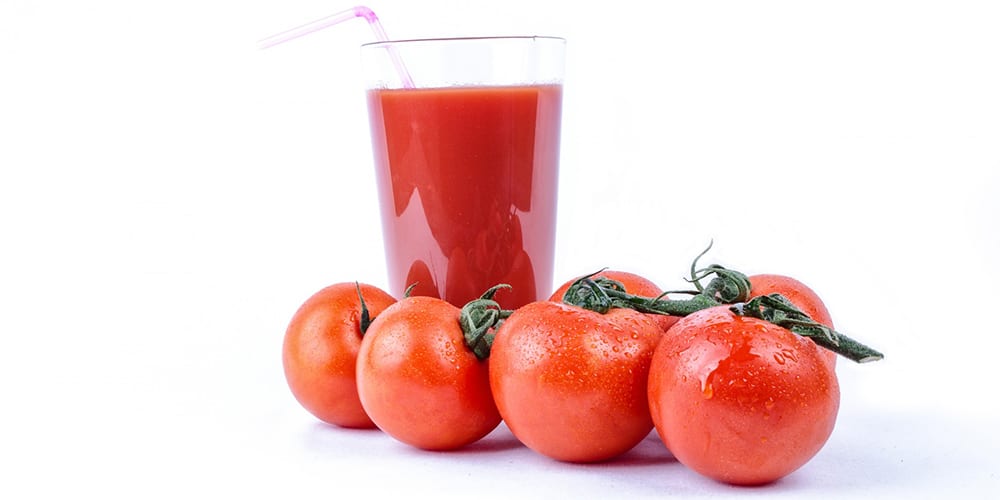
One cup, canned, contains 527 milligrams of potassium
12. Soybeans

One half cup, boiled, contains 485 milligrams of potassium
13. Banana

One medium fruit contains 422 milligrams of potassium
14. Peas
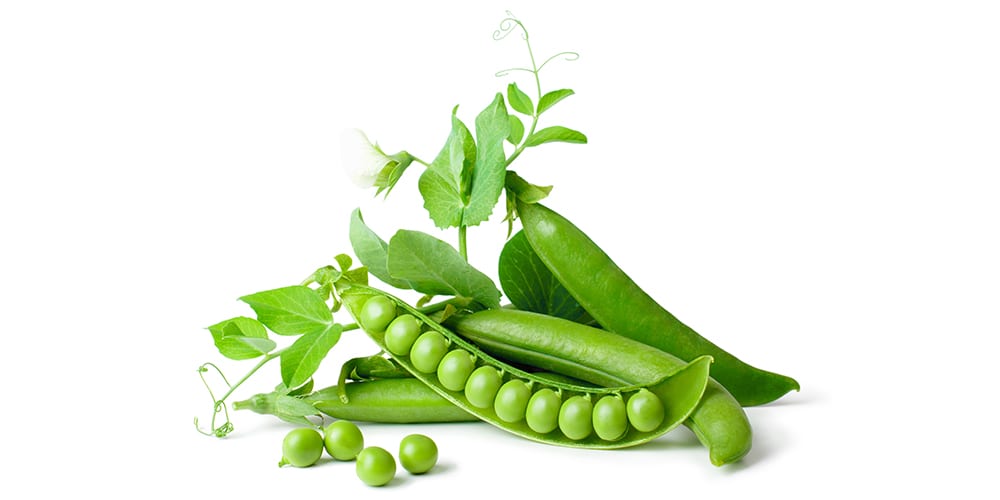
One cup, boiled, contains 384 milligrams of potassium
15. Sweet potato
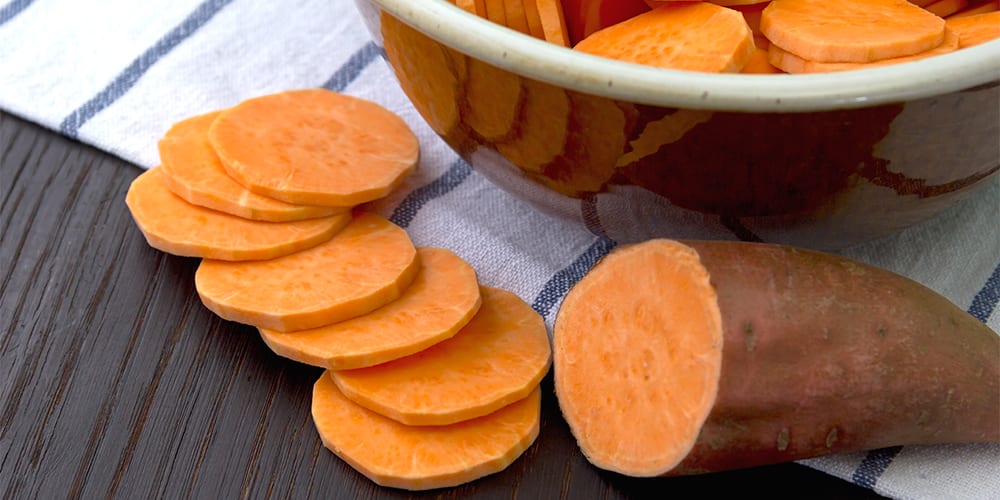
One medium potato, boiled, contains 347 milligrams of potassium
16. Avocado
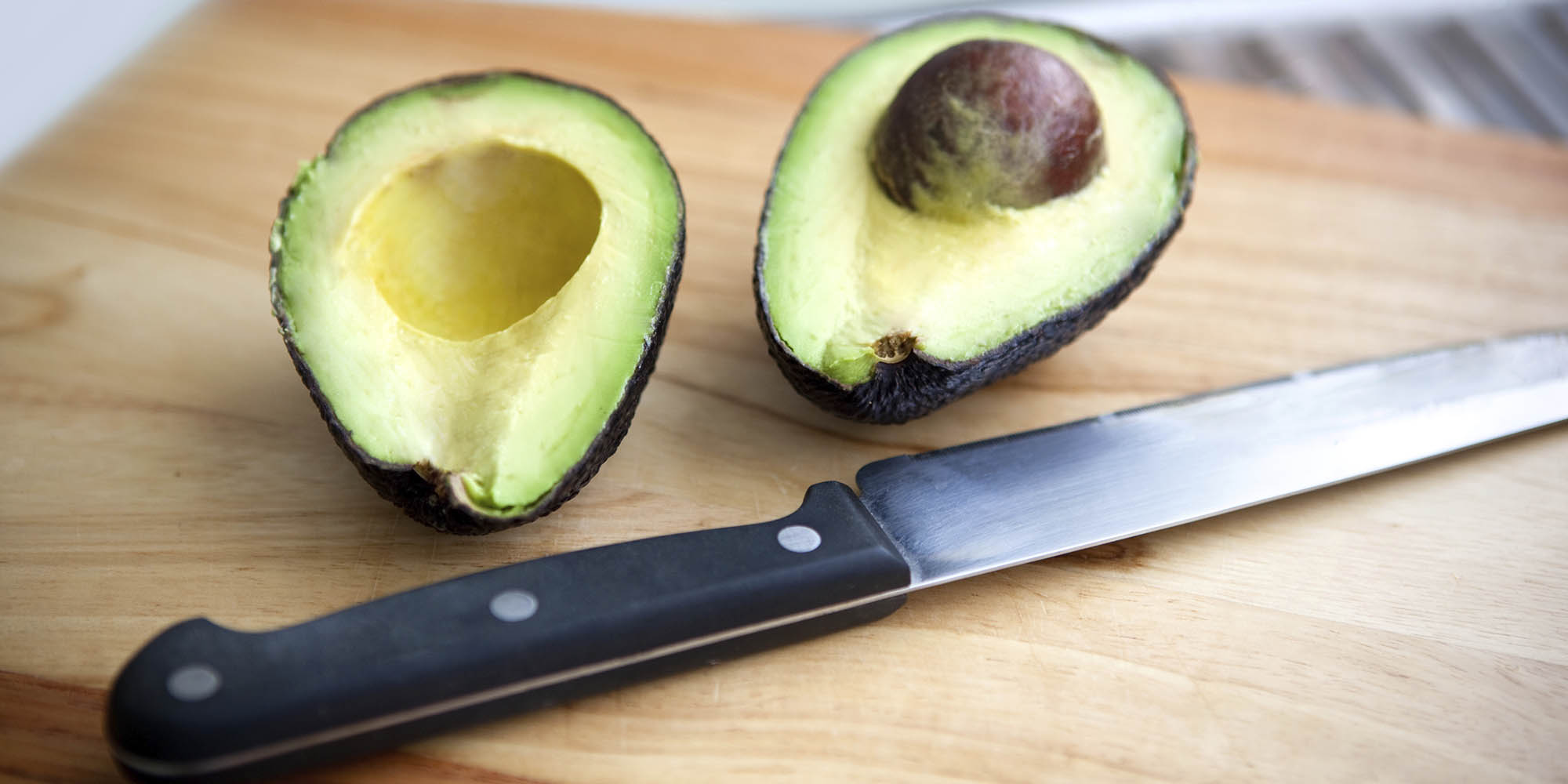
One half of a medium avocado contains 345 milligrams of potassium
17. Spinach

2 cups, raw, contain 335 milligrams of potassium
18. Salmon
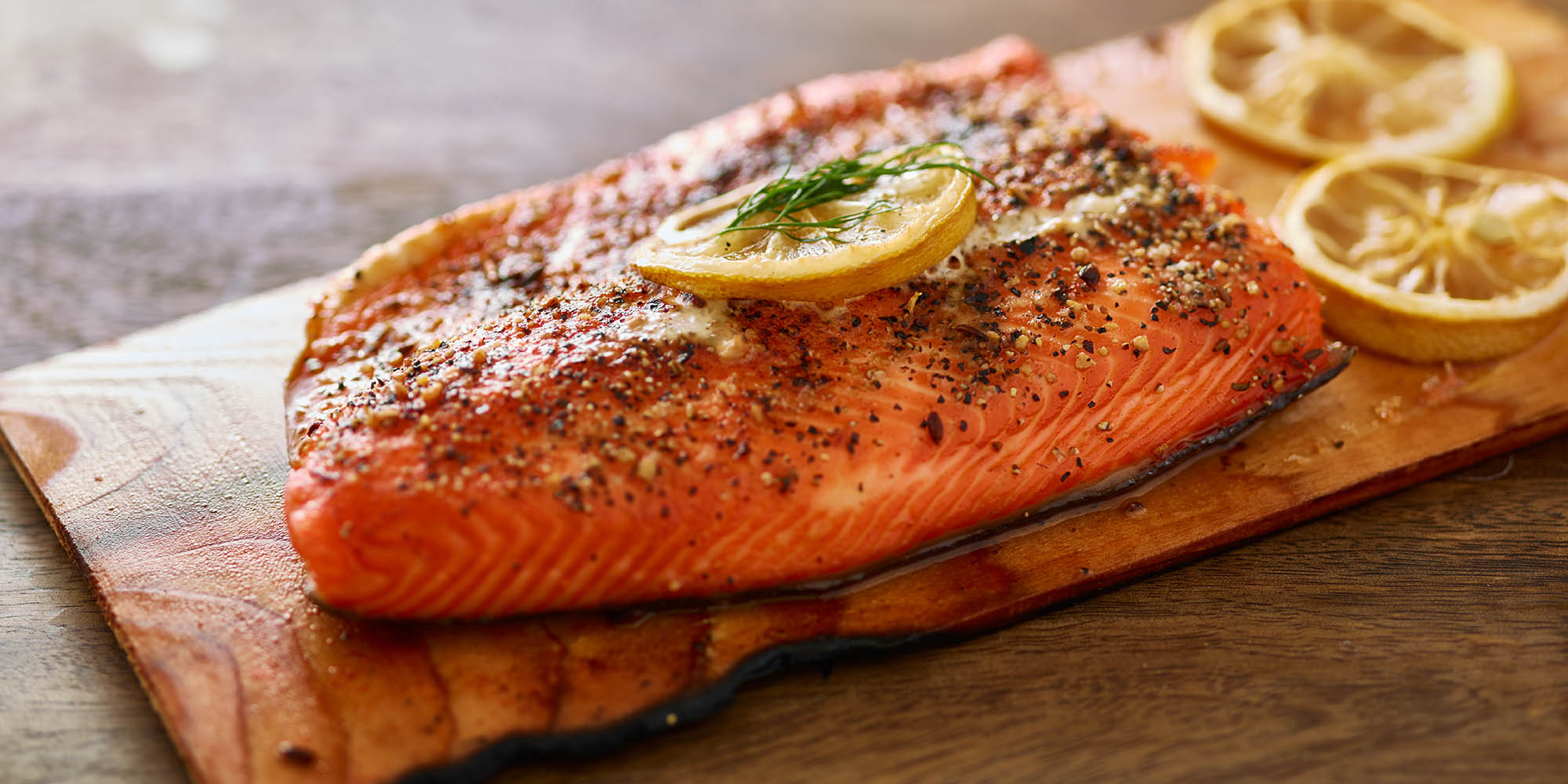
3-oz. fillet, Atlantic, farmed, contains 326 milligrams of potassium
19. Beets

One half cup, boiled and sliced, contains 259 milligrams of potassium
20. Brussels sprouts
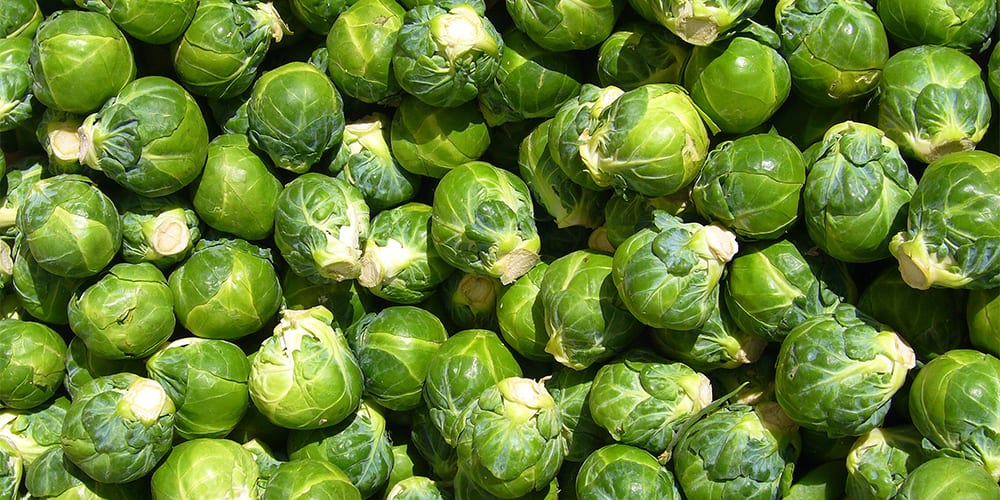
One half cup, cooked, contains 247 milligrams of potassium
